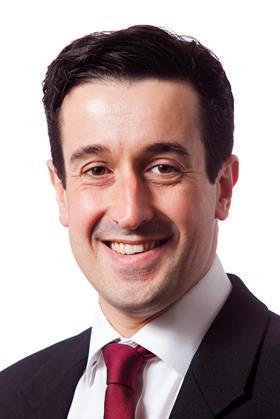Who? Edward Lewis, head of cyber and partner at Weightmans, London.

Why is he in the news? Represented a company working in ‘security-sensitive and highly classified projects of national significance’, which succeeded in having its identity withheld from summary judgment against the unknown perpetrators of a $6.8m ‘ransomware’ attack.
Thoughts on the case: ‘Insurers have received misconceived criticism from media outlets, blaming them for stoking the flames of ransomware by yielding too easily to extortion demands. Nothing could be further from the truth. The appetite for alternative options to payment of ransoms has always been universally strong, both within the insurance sector and without. This case demonstrates that there are now good alternatives, including injunctions, which can sometimes return control to victims and dramatically mitigate the adverse consequences of an attack. Indeed, we’re increasingly seeing that victims achieve better outcomes when they don’t pay. Injunctions are just one part of an arsenal of weaponry that can be used together effectively to protect cyber-attack victims. The case was also the first of its kind – involving specific information not seen before in a breach of confidence case – to secure from the judge a derogation to the general principle of open justice. There were many hurdles to overcome, not least persuading the court that the quality of confidence in the stolen information was of the highest level, and that restrictions on reporting and anonymity for the victim were in the national interest.’
Dealing with the media: ‘Reporting restrictions apply. The judge was clear that not only is the stolen information off-limits to anyone, so too is reporting anything which might identify the victim. Therefore, while press freedom has not been curtailed altogether, a balance has had to be struck and there are tight controls around what can be said.’
Why become a lawyer? ‘My passion is helping people in crisis. It’s why I have carved out a specialism in cyber where stakes are high. The law should facilitate the resolution of injustices, and that’s why I get out of bed in the morning.’
Career high: ‘I don’t really see my career in terms of highs and lows. That’s rather an antiquated way of looking at things. The highs ultimately come from enabling and helping others.’
Career low: ‘Helping people in crisis is a great responsibility, but with that also comes great humility. I always wish I had the bandwidth to do more.'































No comments yet